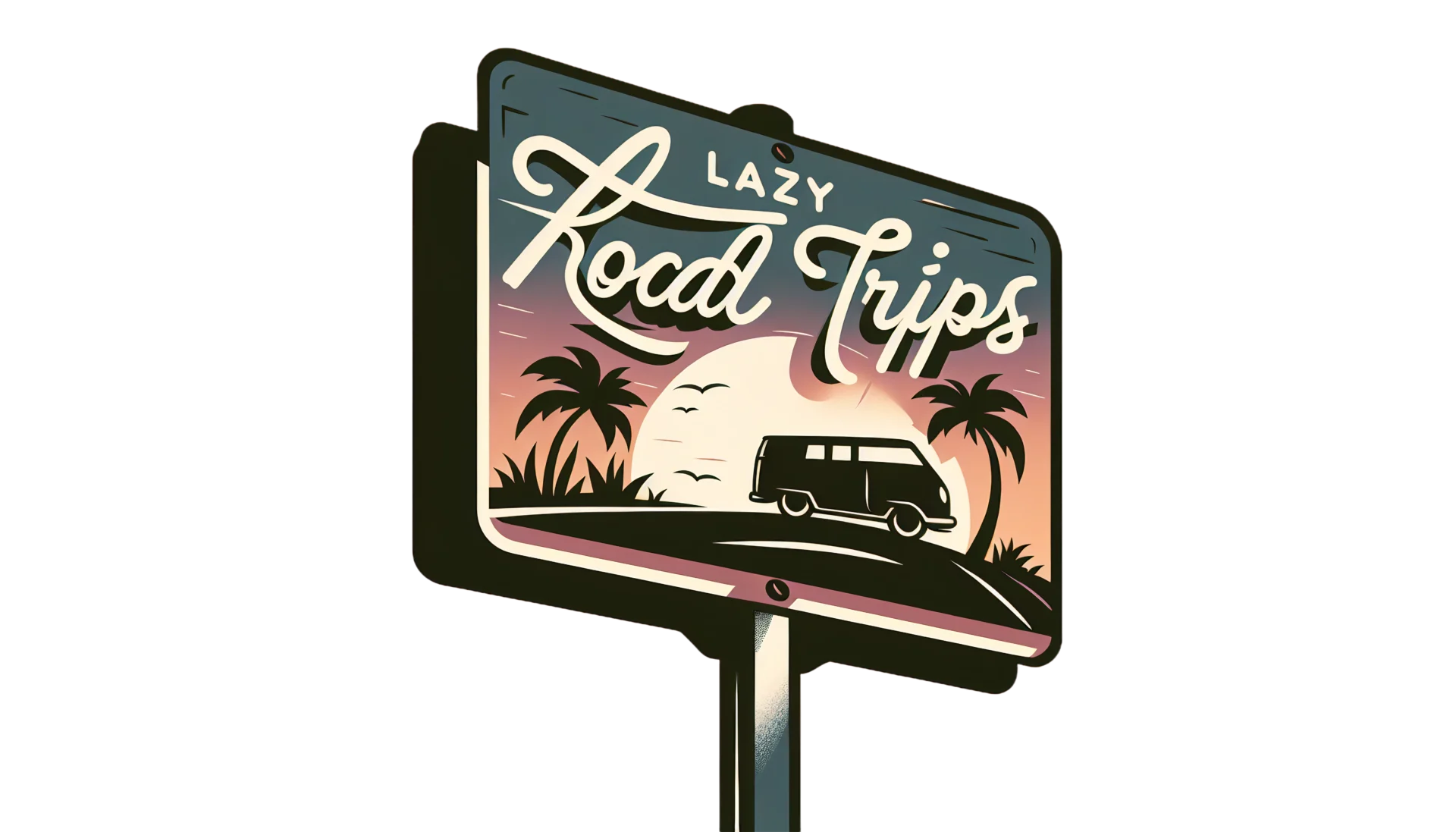RV living has caught on as a lifestyle for adventurers and retirees craving freedom on the open road. But lately, it’s become obvious that not every state in the U.S. is happy about this trend.
In a twist that’s surprised a lot of folks, some states have made it illegal to live in an RV on your own land. Let’s dig into why these rules exist, what they mean for RV lovers, and a few ideas for what to do if these laws hit home for you.
Understanding the Legal Landscape
Living in an RV on your property sounds pretty harmless, maybe even idyllic. You get the perks of owning a home and the thrill of a nomadic lifestyle.
Yet, quite a few states have put laws in place that block this. Usually, it comes down to zoning, safety, and what the community expects.
Zoning Laws and Regulations
Zoning laws are a big reason behind these rules. They’re supposed to make sure land use fits the neighborhood vibe.
Most residential zones aren’t meant for mobile or temporary homes like RVs. So, owning the land doesn’t always mean you can set up camp there long-term.
Key points about zoning laws:
- Zoning laws change a lot from state to state, and even city to city.
- Local governments usually enforce these rules, so you might find different laws just a few miles apart.
- If you break zoning laws, you could get fined, face legal trouble, or be told to leave.
Health and Safety Concerns
Health and safety worries also drive these laws. Living in an RV full-time isn’t always simple—think about waste, water, and power.
Local officials worry that poorly managed RV setups could lead to unsanitary conditions and public health risks.
Health and safety considerations include:
- Having a proper way to get rid of waste so you don’t contaminate the area.
- Getting steady, safe water and electricity.
- Making sure you’ve got fire safety covered, since RVs can be more at risk than regular houses.
Implications for RV Enthusiasts
If you’ve chosen the RV life, these laws can feel like a real punch in the gut. A lot of people go this route to save cash, travel, or just keep things simple.
When you can’t live in your RV on your own property, it can mess up your plans and push you to look for other options.
Financial Impact
The money side of these laws isn’t small. RV living is supposed to be affordable, right?
But if you’re forced out of your RV, you might suddenly need to pay for things like:
- Renting or buying a traditional house.
- Storing your RV or hunting for a legal RV park.
- Dealing with fines or legal bills if you get caught breaking the rules.
Impact on Lifestyle
It’s not just about money. These laws can really cramp the lifestyle RV fans love.
Being able to travel and live wherever you want is a big part of the draw. When rules limit where you can park and stay, that freedom shrinks fast.
Considerations for your RV lifestyle:
- Look up local laws before you buy land or plan a long stay.
- Check out states or towns that are more relaxed about RV living.
- Get involved with RV groups or advocacy efforts to keep up with law changes and support RV rights.
What You Can Do
If these rules affect you, don’t panic. There are some practical steps you can try to keep your RV dreams alive.
Research Local Laws
Before you buy property or settle in your RV full-time, do your homework on the local laws. It’ll save you headaches and maybe a few bucks down the line.
Steps to research local laws:
- Call or visit your local zoning office or planning department for info on RV rules.
- Check out zoning codes and ordinances online if they’re available.
- If things get complicated, talk to a local attorney who knows property and zoning law.
Seek Alternative Living Arrangements
If living in your RV on your own land is a no-go, there are still ways to keep the RV lifestyle rolling. You might try:
- Staying at RV parks or campgrounds that allow long-term guests.
- Looking into RV-friendly communities or co-op parks where it’s allowed.
- Parking your RV in storage while you rent or own a more traditional place.
Advocate for Change
Have you thought about speaking up for RV living? If you team up with other RV folks and advocacy groups, you can raise awareness about the perks of this lifestyle and maybe nudge regulations in a friendlier direction.
Ways to advocate for change:
- Join RV living advocacy groups and get involved in their efforts to influence local and state laws.
- Reach out to your local representatives and let them know you support more flexible RV living rules.
- Share your own story and experiences—sometimes, building a supportive community just starts with a conversation.
Curious about which states have these restrictions? Take a look at this comprehensive guide.


